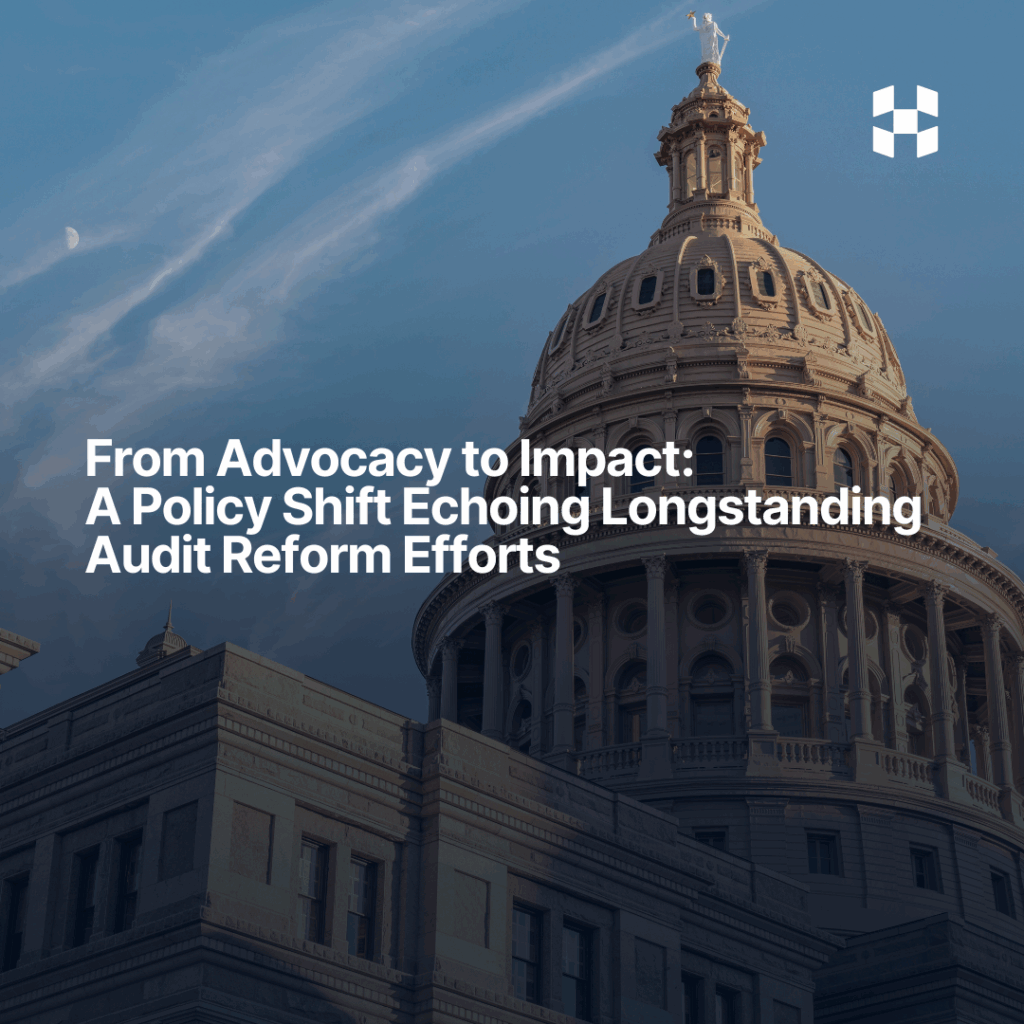For the first time, a U.S. state has enacted a penalty for municipalities that fail to file their annual financial audits within a timely window. Senate Bill 1851, signed into law by Texas Governor Greg Abbott, establishes a meaningful consequence: cities that miss the 180-day filing deadline will face a cap on property tax revenue growth, essentially freezing their tax rate at the prior year’s level.
While not a perfect solution, this marks a significant shift, and one that industry veteran Richard Ciccarone, President Emeritus of Merritt Research Services says could set a tone for others to follow. “The fact that Texas is a major state and a conservative state, and if they put this into law, that’s important,” said Richard in a recent Bond Buyer article highlighting the legislation.
Merritt Research Services, an Investortools comany, has long tracked audit timeliness across the municipal bond landscape, providing critical transparency into issuer behavior. This effort has since grown through a partnership with Deborah Carroll, Director of the Government Finance Research Center at the University of Illinois Chicago. Together, they released this year’s annual report, The Good, The Bad, and the Super Slow: Examining the Timeliness of Municipal Bond Audits, covering fiscal year 2023. As of June 16, the report shows 61 Texas cities with populations over 15,000 had exceeded the 180-day audit filing deadline for fiscal 2023. In the most extreme case, Odessa has yet to file its fiscal 2023 audit, following a 669-day delay for the prior year.
Senate Bill 1851 is an overdue step toward greater accountability in public finance. As Richard and other experts have pointed out, the credibility of the municipal bond market hinges on timely, complete financial data. Richard emphasizes this saying, “The absence of meaningful consequences has long allowed non-compliance to go unchecked, undermining investor confidence and taxpayer trust alike.”
While the law stops short of affecting voter-approved debt or offering structural solutions for cities facing legitimate audit resource challenges, it sends a strong message: audit deadlines are not optional.
As other states begin to examine the link between financial transparency and funding eligibility, like New Mexico’s recent codification of audit-related funding conditions, Texas may well be the first domino in a broader movement. With the efforts of advocates like Richard Ciccarone and Deborah Carroll, the industry now has both the data and the momentum to drive meaningful reform forward.
About Investortools
For more than four decades, Investortools has been a leading provider of solutions regarded by the industry as a prerequisite for fixed-income investment management. Its comprehensive product suite covers portfolio, order, and execution management, performance analytics, 2a-7 compliance, and credit analysis. Trusted by over 200 firms managing more than $1 trillion in assets, Investortools supports SMA managers, fund managers, broker-dealers, and other key market participants.
About The Bond Buyer
The Bond Buyer stands as a premier source of information within the world of fixed income reaching over 75,00 municipal finance professionals. More than just a news outlet, The Bond Buyer functions as a knowledge hub that sheds light on a wide spectrum of topics, including bond issuances, ratings, tax implications, infrastructure projects, and more to empower decision makers in a dynamic market.



